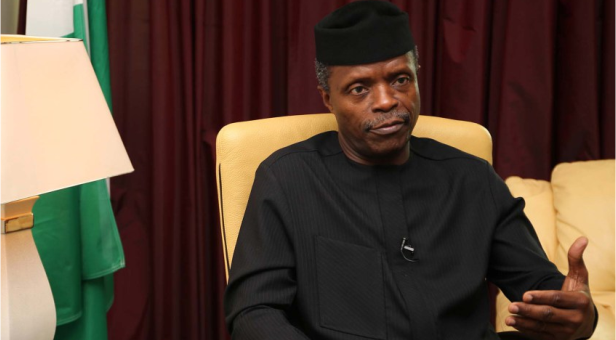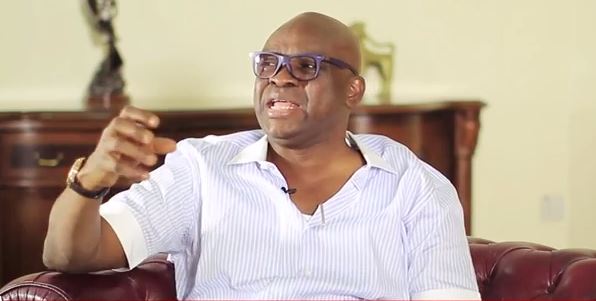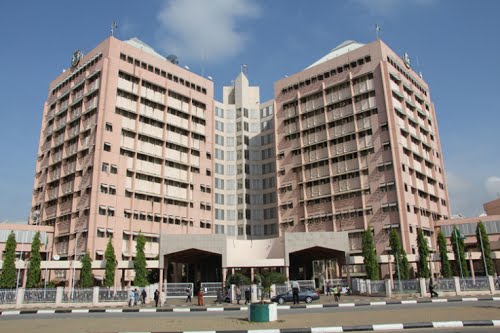Vice-President Yemi Osinbajo says laws should not be made to restrict the freedom of worship in the country.
Osinbajo said this in Abuja on Monday during a keynote address at the first national judicial roundtable on the intersection between law and religion.
He said the protection of freedom of worship and the practice of one’s beliefs was crucial, especially in a democratic society.
“Those laws according to the Nigerian constitution where they restrict freedom of worship, must be reasonably justifiable in a democratic society in the interest of defence, public safety, public order, public morality or public health,” Osinbajo said.
Advertisement
“It is this test that restrictive laws should satisfy every law that seeks to restrict religious freedom, that is, is this legislation reasonably justifiable in a democratic society for the protection of one of the listed public goods?
“The crucial question with respect to such laws is whether they should be allowed to exercise prior-restraint? For example should there be licensing of places of worship or the dissemination of religious information? Or should the laws punish offending conduct when it occurs, such as the dissemination of hate speech?
“Is it reasonably justifiable in a democratic society to make laws that restrict freedom of speech by the fact that it says you must seek permission before you can make certain types of public utterances?’’
Advertisement
Osinbajo said prior-restraint “is open to abuse, will unduly restrict freedom of worship and is probably unconstitutional”.
He said freedom of speech is not only a fundamental right but it is also the vehicle for the realisation of other rights.
However, Osinbajo said the laws must be enforced to punish offensive conduct such as the dissemination of hate speech or the perpetration of unlawful acts under the guise of religious beliefs.
He emphasised that courts must be more careful to maintain their neutrality in the trial of such matters.
Advertisement
Osinbajo said there was the need to deal with violent extremism emanating from religion, maintaining that the ideology of violent extremism as perpetrated by Boko Haram or ISIL, rejects the common basis for human interaction under domestic laws of most societies.
“The extremists reject the inalienable freedoms and rights of others, they reject the known universal mechanisms for negotiation, compromise, and resolution of differences,” he said.
“They seek to impose their world-view by force of terror on others. Consequently there is no reasoning with these groups.”
Advertisement
Add a comment






